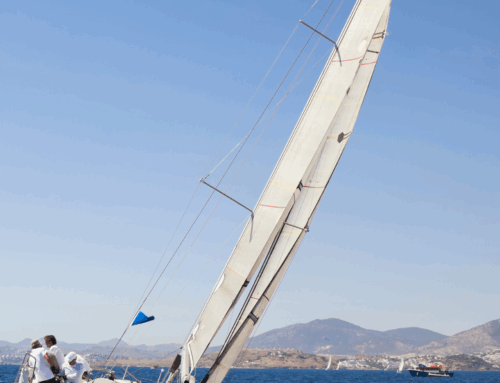France is famous for its charming cafes, delectable cuisine, and rich history. But before you get swept away by the charm, familiarising yourself with the French currency exchange system is essential. This guide will equip you with the knowledge to navigate exchanging your money for Euros and ensure a smooth financial experience during your trip.
As with most of Europe, France uses the euro (denoted as €) as its official currency. This simplifies things for many travelers, but there are still some things to consider when exchanging your money for euros.
The Currency of France: Euros (€)
France, along with many other European countries, uses the Euro as its official currency. Euros come in both coins and bills, with denominations ranging from one cent to 500 Euros. Familiarize yourself with the different denominations to make transactions easier.
For everyday transactions, euros are the way to go. While some larger establishments in tourist areas might accept other currencies, it won’t be the norm, and you likely won’t get the best exchange rate.
Exchanging Your Currency:
There are a few options for getting your euros before your trip to France:
-
- Currency Exchange Offices: These are scattered throughout France, especially in tourist areas. If you’re visiting the south of France, stop by Globex for your currency exchange needs. Globex offers competitive exchange rates for all major currencies. You can find Globex branches in Nice Ville, Nice Riquier, Antibes, Beausoleil, and Menton!
- ATMs: Withdrawing euros from ATMs in France is a good option, but ensure your bank card has international capabilities and be aware of any withdrawal fees from both your bank and the ATM provider.
Using Your Cards in France:
In many cases, using your credit or debit card with chip and pin technology is the easiest and most economical way to pay in France. However, check with your bank about any foreign transaction fees that might apply.
Tips for a Smooth Transaction:
- Research Exchange Rates: Stay informed about the current exchange rate to ensure you’re getting a fair deal.
- Compare Fees: Always compare exchange rates and commission fees before finalizing your transaction.
- Carry a Mix of Cash and Cards: Having a combination of cash and cards offers flexibility and security. Carry some Euros in smaller denominations for everyday purchases.
By following these tips, you’ll be well-equipped to navigate the world of French currency exchange and ensure a smooth financial experience during your unforgettable French adventure.









